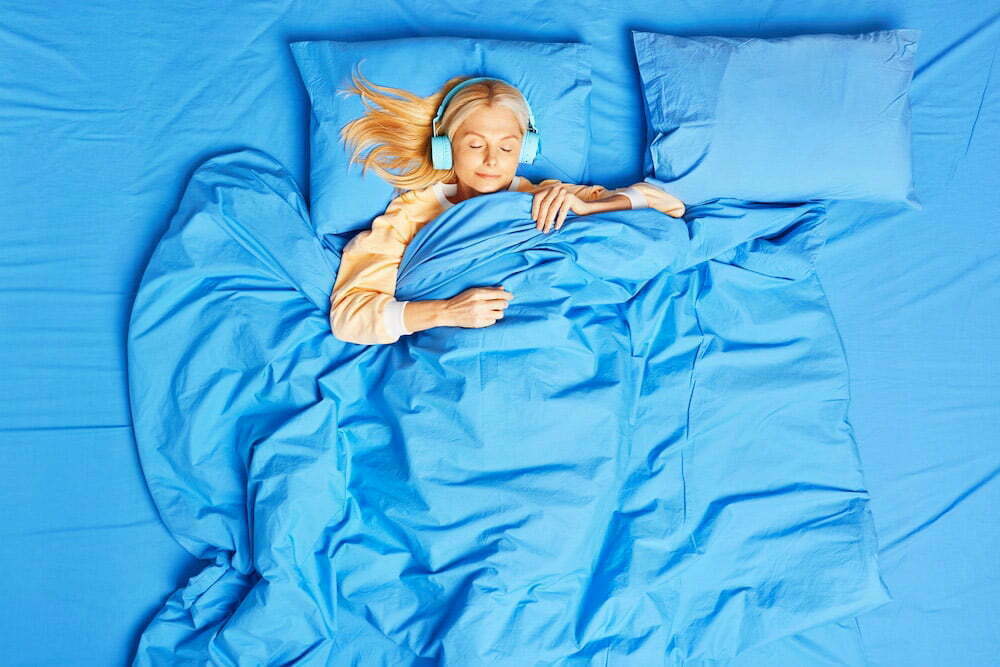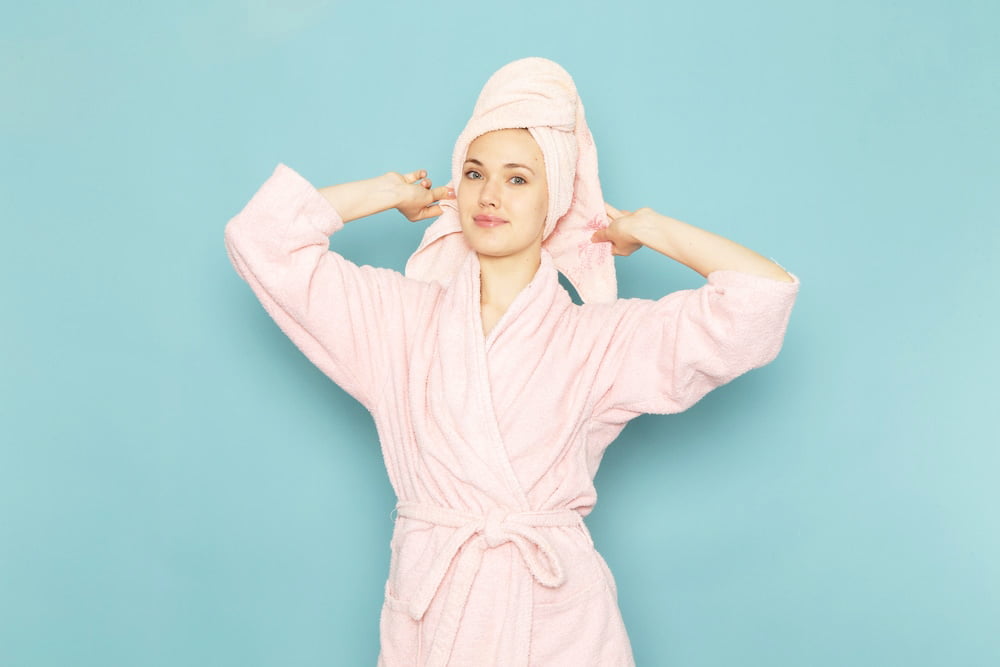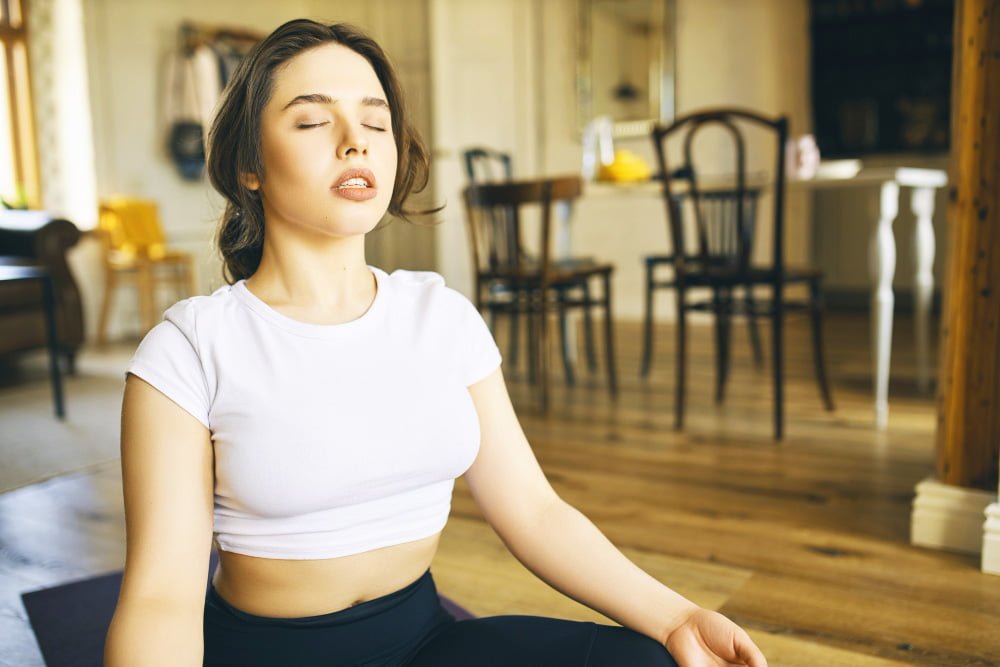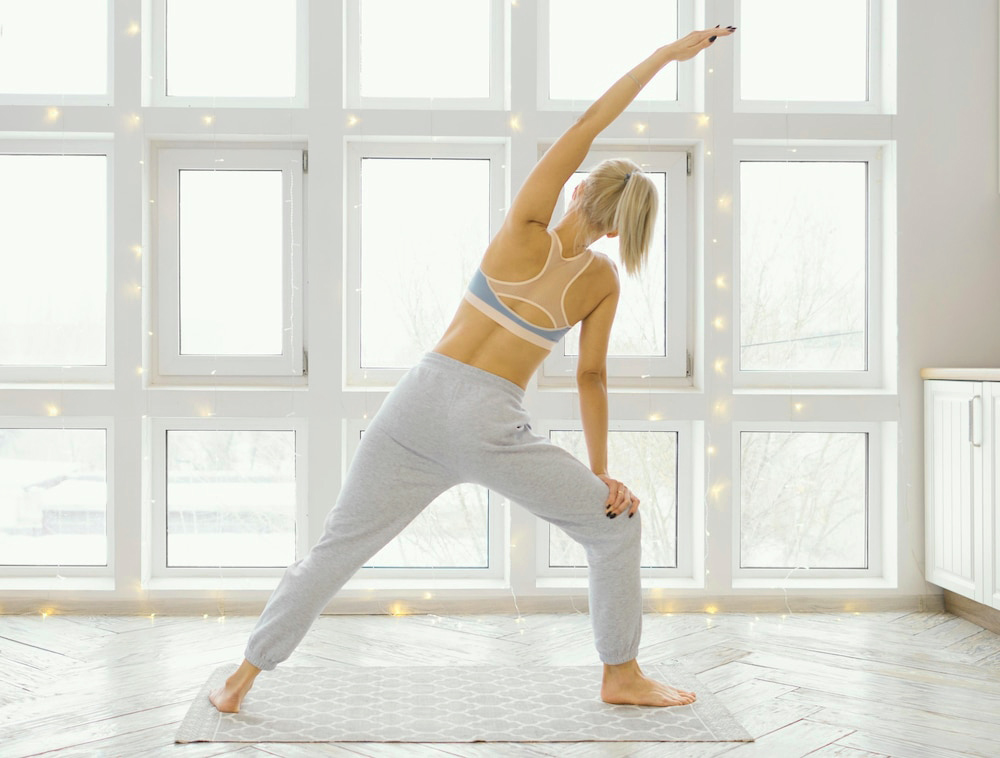Shower timing is a simple habit that can impact your sleep and skin more than you might think. For years, people have wondered whether a warm shower before bed is better than a quick morning rinse. Understanding how the time of your shower influences your body and skin can help you sleep better and keep your skin healthy.
In this article, you’ll find evidence-based insights and expert advice to help you decide whether a night or morning shower works best for your lifestyle and skin type. We’ll explore how water temperature, timing, and your personal needs all play a role in your wellness.
The Science Behind Shower Timing, Sleep, and Skin Health
How showering affects your body’s clock
Your body runs on a natural schedule called the circadian rhythm, which controls sleep, alertness, and even skin cell renewal. Showering can influence this clock by changing your body temperature. A warm shower raises your core temperature temporarily, signaling to your body that it’s time to relax and prepare for sleep. When you step into a cooler environment afterward, your body cools down, which signals it’s time to sleep.
Timing also influences melatonin, the hormone responsible for sleep. Taking a hot shower just before bed can reduce melatonin levels. This makes falling asleep more difficult. Conversely, a warm shower about an hour before sleep can promote melatonin release, helping you drift off easier.
How temperature impacts your skin and sleep
Hot showers open pores and remove dirt, but too much heat can strip natural oils, leading to dry, irritated skin. Cold showers tighten pores and reduce inflammation, making them a good choice for skin that’s prone to acne or irritation.
For sleep, warm showers relax muscles and calm nerves, encouraging deeper rest. Cold showers, on the other hand, boost circulation and wakefulness, which is perfect for mornings but not ideal just before bed. Balancing shower temperature is key to optimizing skin health and sleep quality.

Benefits of Showering at Night for Sleep and Skin
Why warm showers help you sleep better
A warm shower about an hour before bed can significantly improve sleep quality. The heat relaxes muscles, lowers stress, and reduces cortisol levels—the stress hormone that can keep you awake. Multiple studies show that a calming, warm shower triggers the body’s natural relaxation response, making it easier to fall asleep faster and enjoy deeper rest.
Many sleep experts recommend taking a warm shower as part of your bedtime routine because it signals to your brain that bedtime is near. Warm water can relax the muscles and help release the tension from a hectic day. It soothes the body and calms the mind.
Nighttime showers boost skin health
Showering at night helps wash away oil, dirt, pollution, and sweat accumulated during the day. This keeps your pores clear and reduces the risk of breakouts, especially for oily or acne-prone skin. or those with eczema or psoriasis, taking a gentle shower in the evening helps calm skin and lock in moisture. It soothes irritation and keeps the skin soft.
Use lukewarm water and a gentle cleanser that matches your skin type for the best results. Avoid hot water, as it can dry out your skin. Apply moisturizer after your treatment to seal in moisture and keep your skin hydrated through the night.
Tips for an effective bedtime shower
- Keep the water warm but not too hot, between 98 and 104 degrees Fahrenheit.
- Limit your shower to 10-15 minutes.
- Use soothing, fragrance-free products.
- Pat your skin dry gently, then put on moisturizer immediately.
- Incorporate your shower into your bedtime routine to help your body recognize it’s time to sleep.

Advantages: Showering in the Morning for Wakefulness and Skin Refreshment
Energize your mornings with a cold or contrast shower
Morning showers, especially cold ones, stimulate circulation and awaken your senses. The sudden splash of cold water increases blood flow, which can boost your mood and improve alertness. Some studies show that cold showers can also reduce feelings of fatigue and depression.
Using contrast showers—alternating between hot and cold water—can give you even more energy. Hot water relaxes muscles, while cold water invigorates the skin and boosts your mental clarity for the day ahead.
Morning showers refresh your skin
Sweat and bacteria build up during sleep. A morning shower removes oils and dirt that can cause skin irritation. It helps lower the risk of breakouts. Plus, it sets your skin for applying makeup, sunscreen, or any other skincare products you use daily.
If you have sensitive or oily skin, morning showers help keep your face looking fresh all day. Choose a gentle cleanser and always follow with your regular moisturizer or sunscreen.
Best practices for a revitalizing morning shower
- Use mildly warm water—around 98-105°F.
- Keep shower time short—about 5 to 10 minutes.
- Consider finishing with a splash of cold water for an invigorating effect.
- Apply moisturizer and broad-spectrum SPF afterward to protect your skin.

Situations That Influence Your Shower Routine
Skin conditions and health considerations
If you have eczema, psoriasis, or severely dry skin, consult your dermatologist for personalized advice. They may recommend shorter, cooler showers to avoid irritation. People with oily or acne-prone skin benefit from showering twice a day—morning and night—to keep pores clear.
For sensitive skin, avoiding hot water and harsh soaps can help prevent flare-ups. If skin irritation worsens, seek professional guidance.
Lifestyle factors and daily routines
Your work schedule, exercise habits, and sleep patterns affect the best shower time. Athletes might prefer post-workout showers to wash away sweat, while night-shift workers need tailored routines to align with their sleep cycles.
Experiment to find what feels best, and adapt your shower time to maximize sleep quality and skin health.
Environmental factors
In dry or polluted environments, showering at night can help remove pollutants and prevent skin damage. Also, conserving water is important—shorter showers and eco-friendly products are better for the planet and your wallet.
Climate plays a role, too. Hot climates might prompt morning showers to cool down, while cold climates call for warm evening baths to relax muscles.

Expert Insights and Evidence-Based Recommendations
Sleep experts suggest taking a warm shower about an hour before bedtime to promote sleep onset. Dermatologists advise avoiding hot water to protect skin barrier function. Wellness specialists agree that the optimal shower time depends on your schedule, skin type, and sleep goals.
Key recommendations include:
- For better sleep, shower in the evening with warm water.
- For skin clarity and freshness, morning showers are ideal.
- Adjust water temperature to match your skin’s sensitivity.
- Keep shower duration moderate to prevent dryness.
- Incorporate relaxing products for nighttime and energizing routines for mornings.
Conclusion
Deciding whether to shower at night or in the morning depends on your goals, lifestyle, and skin type. Evening showers help you unwind, improve sleep, and keep your skin clear. Morning showers refresh your skin, boost alertness, and prepare you for the day.
Try different routines to see what feels best. Remember, small changes in water temperature and timing can make a big difference. Your perfect shower routine can be a simple step toward better sleep and healthier skin. Start experimenting today and enjoy the benefits of a custom routine that fits you perfectly.
Also Read: Shower Smart: The Ultimate Guide to Timing for Skin and Hair Health
Discover more from NoseyPepper
Subscribe to get the latest posts sent to your email.










Pingback : Should Women Avoid Ice Baths or Use Them Carefully?